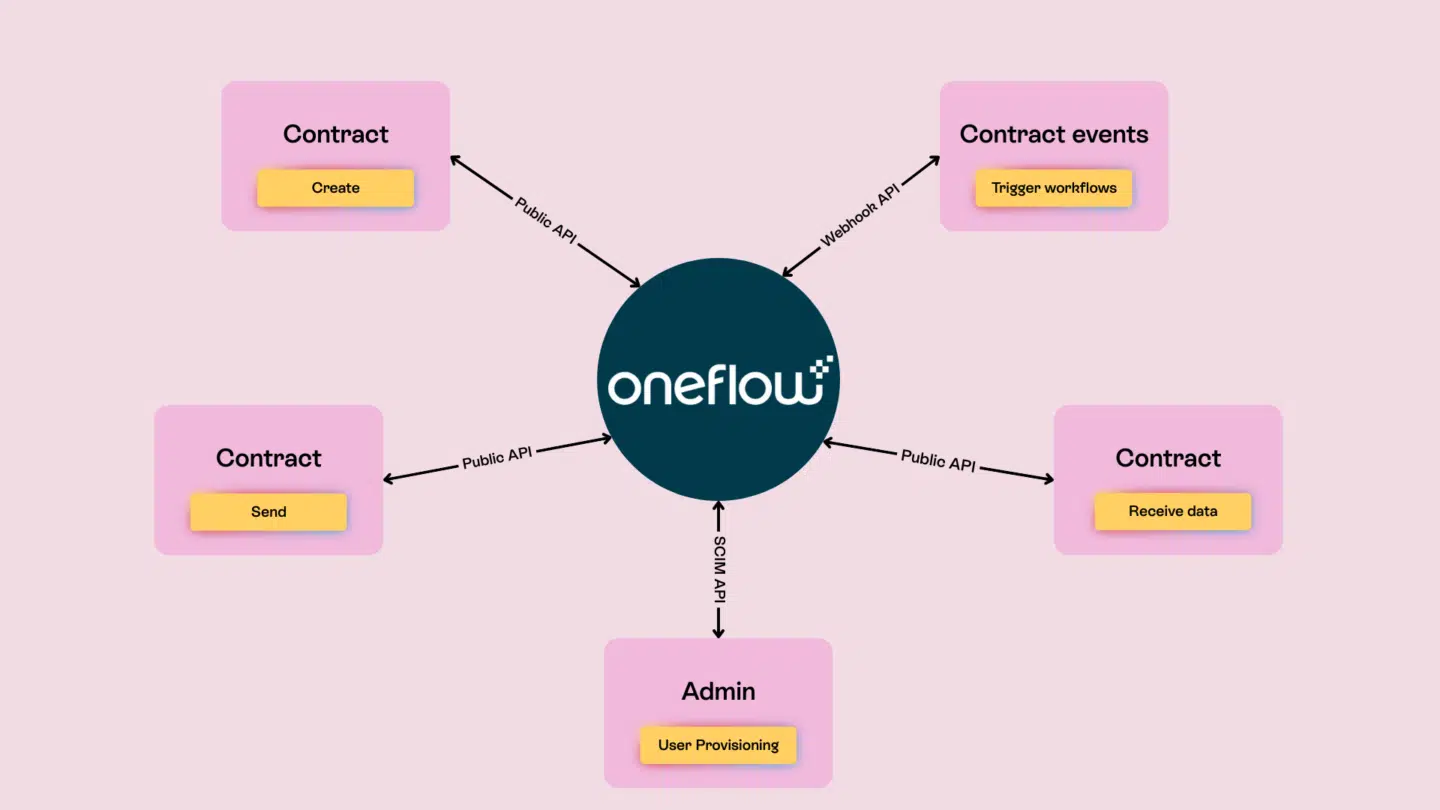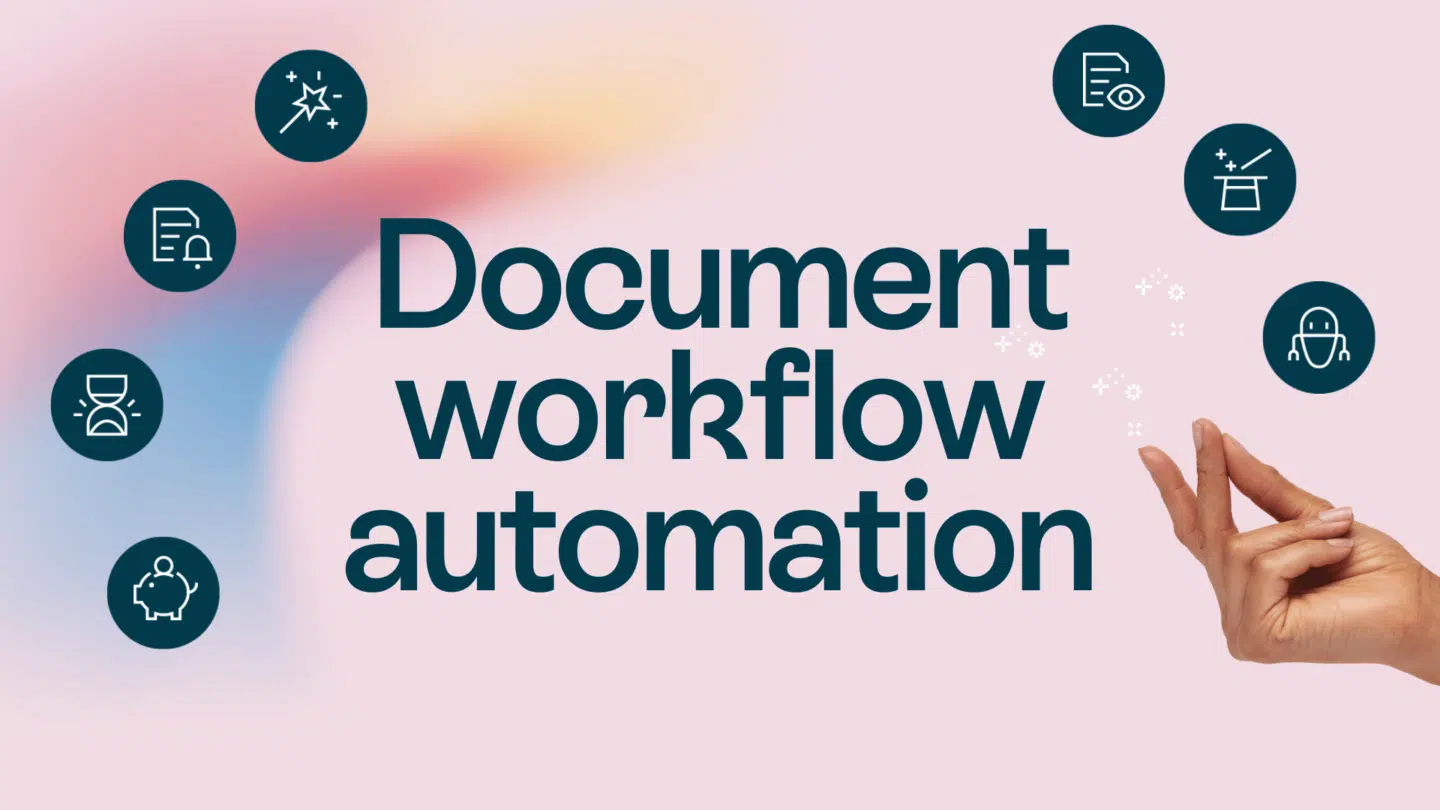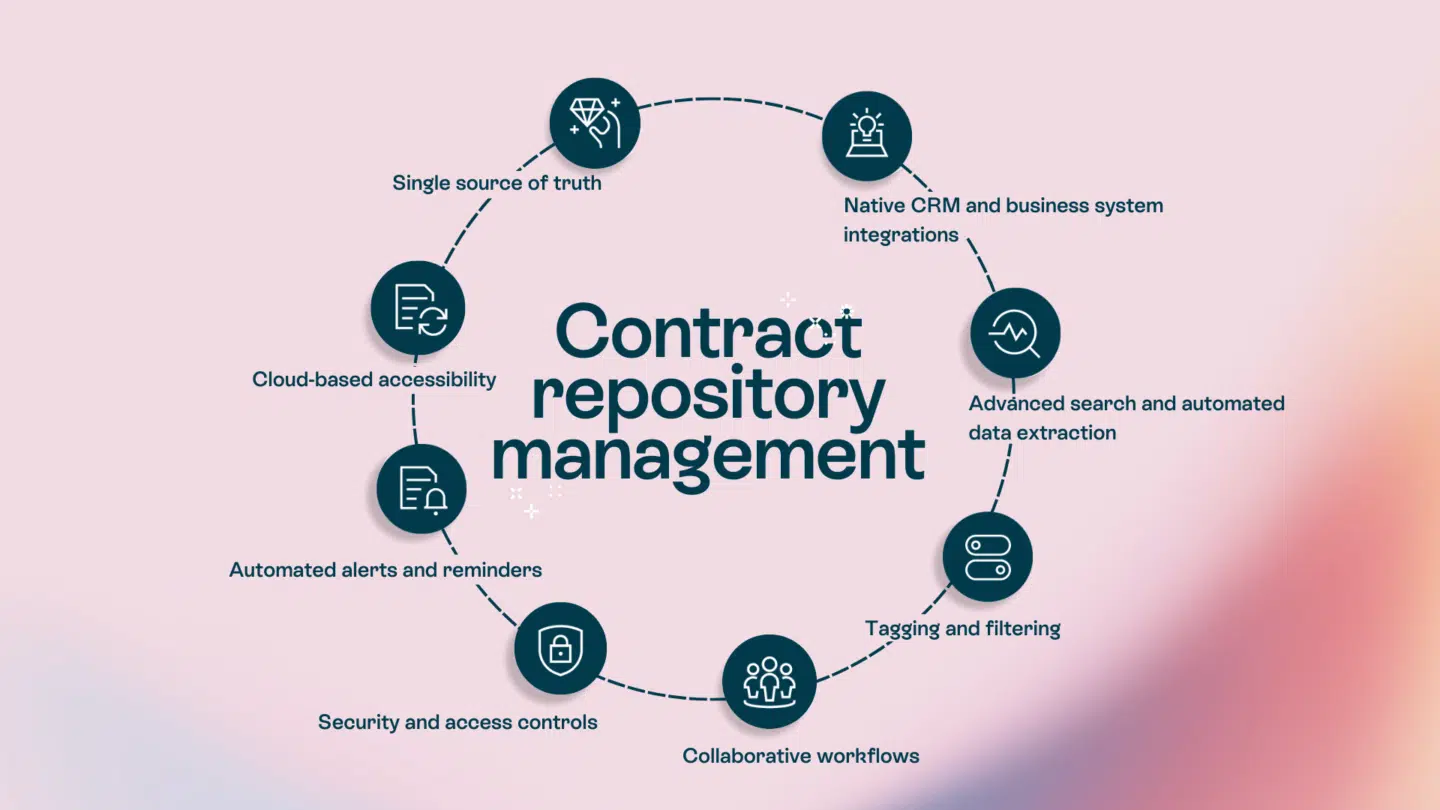For decades, the legal industry has been slow to adopt new technology. While other business support functions such as finance and HR have made significant progress in digitalization, many law firms continue to rely on manual processes, paper-based workflows, and legacy systems.
However, the legal landscape is changing rapidly. Clients expect efficiency, businesses demand faster legal services, and regulatory requirements are evolving. Firms that do not modernize will find it increasingly difficult to remain competitive.
Technology is no longer a secondary consideration for legal professionals—it is an essential tool for improving accuracy, reducing costs, and delivering high-quality legal services.

The growing role of technology in legal practice
Artificial intelligence (AI), automation, and contract management solutions are transforming legal operations. AI-powered tools can analyze large volumes of data, extract key contract terms, and flag potential risks more efficiently than traditional methods.
A study on AI adoption in the legal sector shows a significant shift: AI use increased from 19% to 79% in just one year. This dramatic rise reflects a broader recognition that technology is not replacing legal professionals but empowering them to work more effectively.
Read also: How to use contract management for legal teams?
The impact of AI on contract management
Contracts are a fundamental part of legal work, yet traditional contract management is often time-consuming, prone to human error, and inefficient. AI is now reshaping this process by streamlining contract creation, review, and compliance monitoring.
According to The State of AI in Contract Management report, AI enables organizations to:
- Automate contract drafting by using historical data and pre-approved legal language.
- Identify risks and inconsistencies in contract clauses, reducing the likelihood of legal disputes.
- Enhance compliance by ensuring that contracts adhere to the latest regulations.
Key benefits of adopting legal technology
Law firms and legal departments that integrate technology into their operations gain several advantages:
Increased efficiency and accuracy
Automating routine tasks—such as contract drafting, reviewing, and legal research—reduces the time required to complete these processes. AI tools can detect inconsistencies and suggest corrections, improving the quality and reliability of legal documents.
Enhanced client service
Clients expect fast and seamless legal transactions. Digital contract management, electronic signatures, and AI-assisted document analysis allow legal teams to respond quickly, improving overall client satisfaction.

Cost reduction and resource optimization
Legal technology reduces the need for manual labor in administrative tasks, cutting operational costs. By streamlining workflows, law firms can allocate resources more effectively, focusing on high-value legal work rather than routine paperwork.
Stronger compliance and risk management
With regulatory frameworks becoming more complex, AI-driven contract management helps legal professionals maintain compliance. AI ensures that contracts align with current legal standards and can automatically flag non-compliant clauses.
The cost of inaction: Risks of delaying technology adoption
Despite the advantages, some law firms remain hesitant to integrate technology into their workflows. However, delaying adoption can result in several challenges:
- Loss of competitiveness – Clients prefer legal service providers that can deliver work faster and more efficiently. Firms that resist digital transformation risk losing business to tech-savvy competitors.
- Higher operational costs – Manual processes are labor-intensive, increasing overhead costs and reducing profitability.
- Compliance risks – Failing to modernize can lead to outdated compliance practices, exposing firms to legal liabilities.
- Reduced client retention – Businesses and individuals expect digital convenience in legal services. Firms that fail to modernize may struggle to retain clients.
The role of digital contract management
One area where legal technology has made a significant impact is contract management. Traditional contract processes often involve lengthy negotiations, version control issues, and a reliance on email exchanges for approvals.
AI-powered contract management solutions streamline these processes by enabling:
- Automated contract generation using pre-approved legal templates.
- Real-time collaboration between legal teams and clients for faster negotiations.
- AI-driven risk assessment to flag potential legal issues before signing.
- Secure electronic signatures that eliminate the need for physical paperwork.
Preparing for the future of legal work
The integration of AI and automation in legal services is no longer a theoretical discussion—it is a reality that firms must embrace to remain competitive. Legal professionals should assess their existing workflows, identify inefficiencies, and explore how emerging technologies can enhance their contract management processes.
While challenges exist, including concerns about data security and change management, the long-term benefits outweigh the risks. Organizations that proactively invest in legal technology will improve efficiency, enhance compliance, and deliver better client service.
As AI continues to evolve, its role in contract management and legal operations will expand, making it an essential tool for legal professionals in the years ahead.
Conclusion
The legal industry is at a turning point. AI and automation are not replacing legal professionals but enhancing their capabilities, allowing them to work smarter, faster, and with greater accuracy.
Firms that invest in legal technology will benefit from increased efficiency, reduced costs, and improved service delivery. Those that resist digital transformation risk falling behind in an increasingly technology-driven legal landscape.
The legal profession must adapt to stay relevant. The future of legal work is digital—and the time to embrace change is now.








